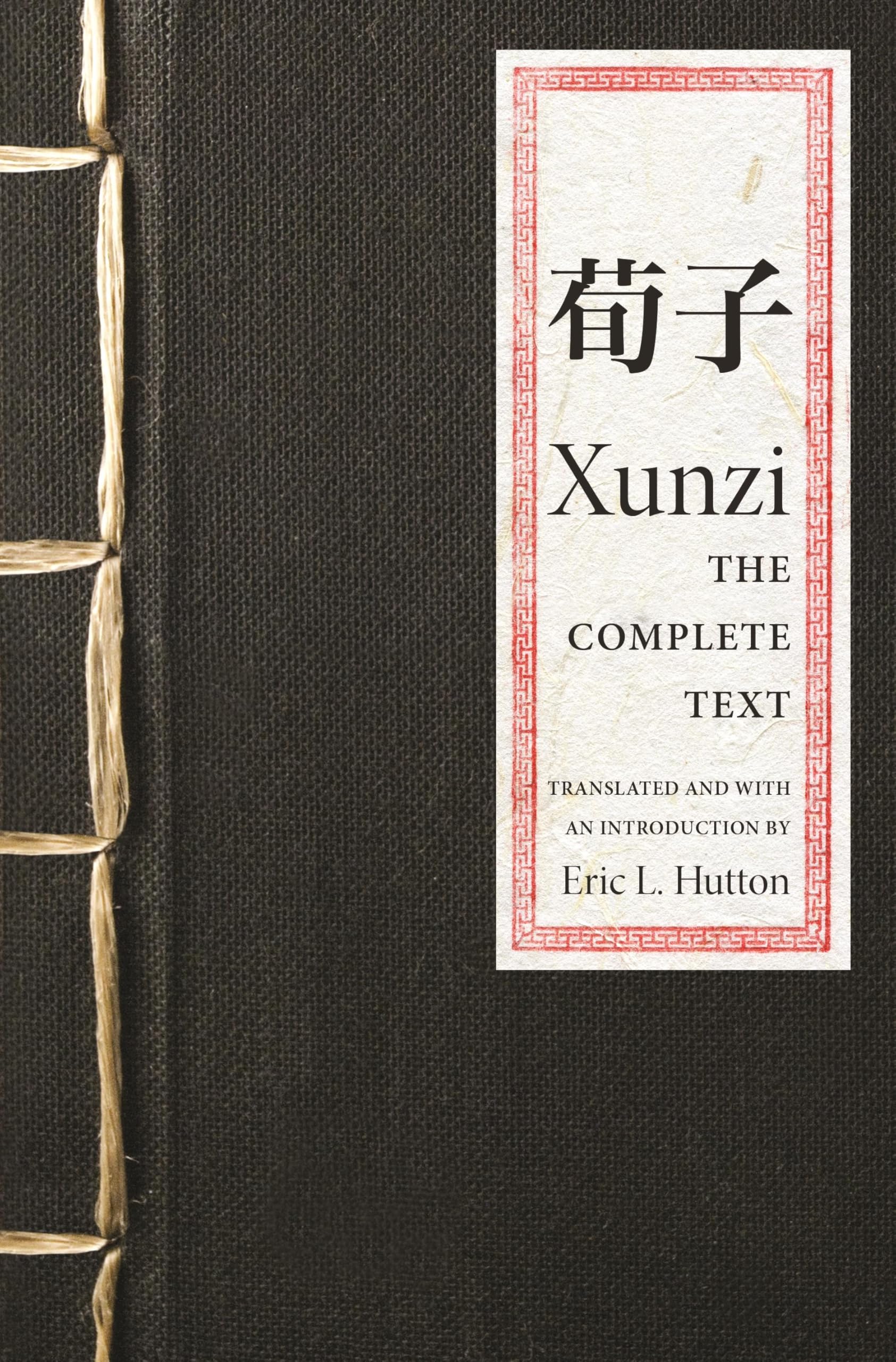Found in 2 comments on Hacker News
thaumasiotes · 2017-08-25
· Original
thread
The phonetic nature of the Chinese script is so weak that in the foreword to https://www.amazon.com/Xunzi-Complete-Text/dp/0691169314/ , the author observes that while he uses his own translations, he is forced to defer to existing scholarship as to what parts of the text rhyme, not being qualified to determine that for himself.


It's not similar to English at all. Compare this translator's note from https://www.amazon.com/Xunzi-Complete-Text/dp/0691169314/ :
> The other feature of this translation that warrants comment is the handling of rhymed lines. The Xunzi contains numerous rhymed passages... Both Watson and Knoblock often overlook them, as do many translations of the Xunzi into modern Chinese and Japanese and Korean... I consider the presence of these rhymes a feature of the text that is sufficiently noteworth to deserve being reflected conspicuously in the translation. Since the rhyming sections can easily be overlooked... I have chosen to make them conspicuous by translating rhymed passages in Chinese with rhymed sections of English...
> The identification of the rhymes in the Chinese text requires detailed knowledge of ancient phonology that I lack, and so I have relied on published studies of rhymes in the Xunzi by other scholars. Since their analyses may have missed some of the rhyming passages, and since there is ongoing scholarly debate about how to reconstruct the sounds of ancient Chinese in the first place, I do not claim to have identified every instance of rhyme in the text...
So:
- In Old Chinese, before the pronunciation divergence you mention, the form of a character is not a guide to its pronunciation. (Rather, the pronunciation of another character is often used as inspiration when inventing a new character. But the relationship of a new character to its component parts is not regular or predictable.)
- By inspection of text, it isn't possible even to tell the difference between text that rhymes and text that doesn't rhyme, much less to tell what the words sounded like.
- A scholar who is competent to translate text written in Old Chinese is completely incompetent to determine whether Old Chinese text rhymes or doesn't rhyme. That's an entirely different field of study.
- Even when a scholar has published a book devoted to identifying rhymes within a very famous text, it is considered likely that that book will have just plain overlooked a number of rhymed passages.
These are not symptoms of a writing system that reflects the sounds of the language. The information conveyed by the writing about the sound of Chinese is so close to zero that the difference is immaterial.
Go look at some English rhyming poetry, and ask yourself how easy it would be, if you didn't know English, to tell the difference between that and unrhymed prose.